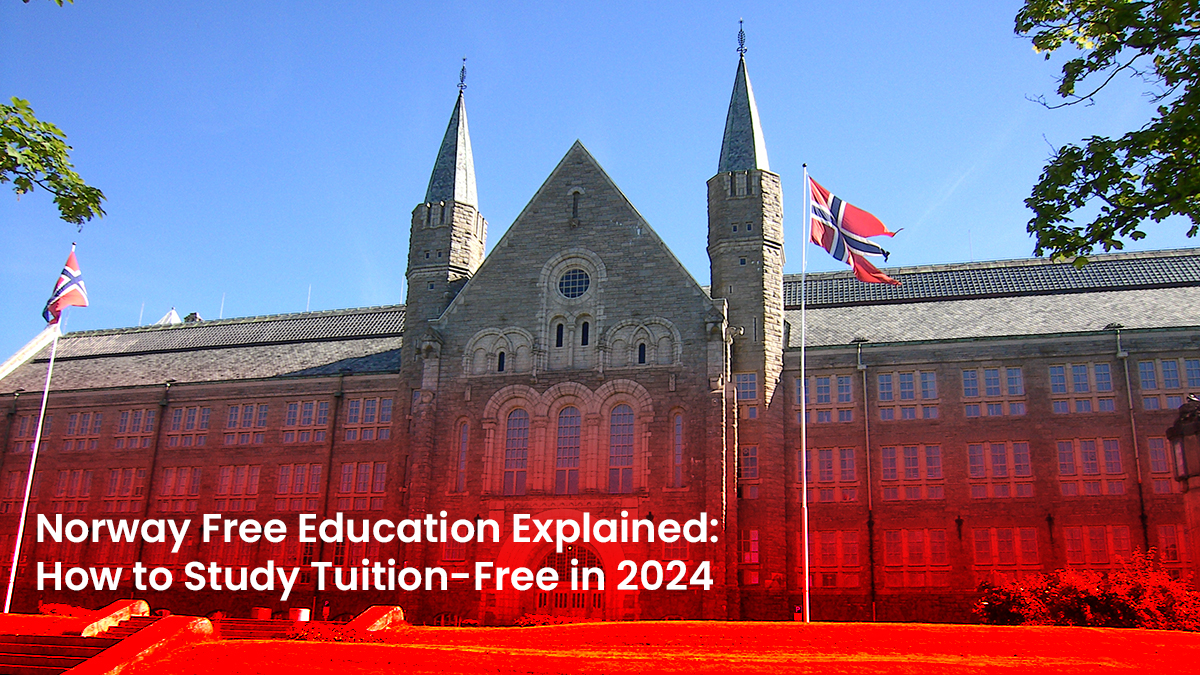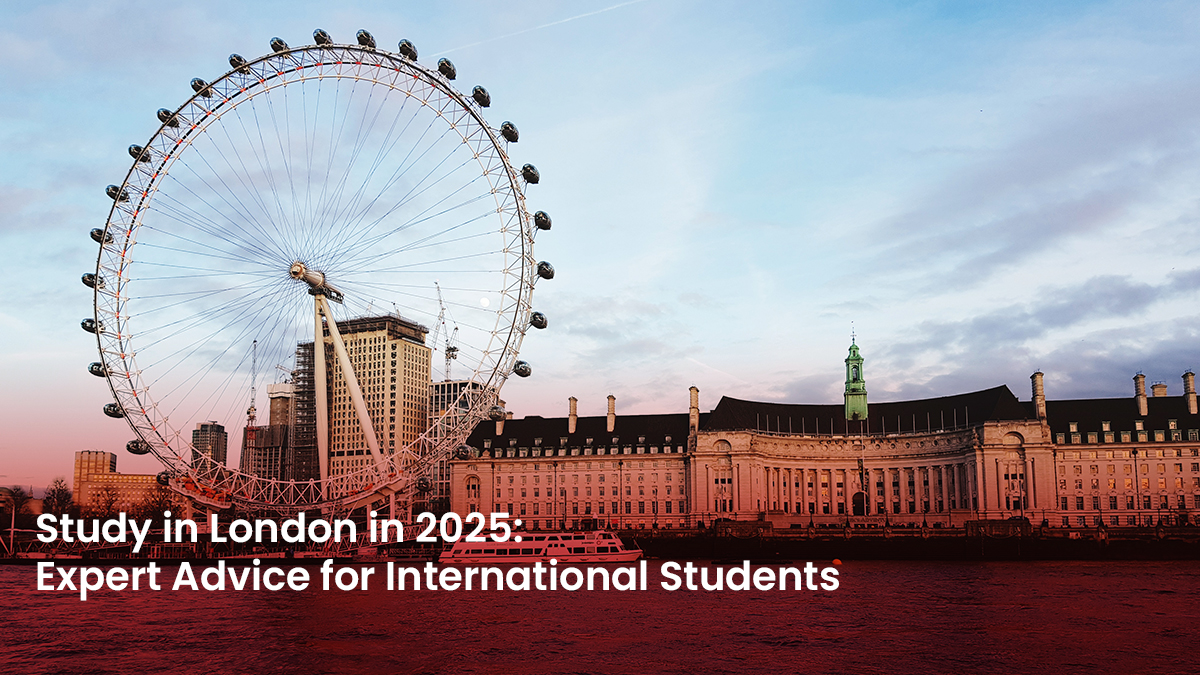Education System in Canada
Canada is one of the most popular study abroad countries for international students. Every year more than 6,00,000 students move to Canada for further studies. The high enrollment in Canadian universities is because of many reasons like easy visa process, affordable and quality education, and top universities. Canada is currently home to more than 200 public and private universities out of which 8 universities are ranked in top 200 by QS World Rankings 2023.
The education system in Canada is divided into a pyramid starting from kindergarten to post-secondary level. Every year, more than 6% of its GDP is spent on education by the Canadian government. However, the top most prioritised sections of the education system in Canada is mentioned below.
- Primary Education
- Secondary Education
- Post-Secondary Education
Canadian Education System: Years of Education
Every province in Canada has a different age of compulsory education. Hence, universities falling under any province, require students to submit that many years of education. The table mentioned below depicts compulsory education as per years of education.
| City | Age of compulsory education |
| Manitoba | 7 to 18 |
| Alberta | 6 to 16 |
| New Brunswick | 5 to 18 |
| British Columbia | 6 to 16 |
| Northwest Territories | 5 to 18 |
| Newfoundland | 6 to 16 |
| Ontario | 6 to 18 |
| Nova Scotia | 5 to 16 |
| Quebec | 6 to 16 |
| Prince Edward Island | 5 to 16 |
| Yukon | 6 to 16 |
| Saskatchewan | 7 to 16 |
Canada Education System: Academic Year
The biggest intake month is September in Canada, where most registrations usually take place. Most universities and colleges offer admission opportunities in September and January. Students can also apply for summer admission, which starts around April or May
Canada Education System: Types of Institutes
- University: Universities in Canada are meant for various types of degrees like undergraduate, postgraduate, diploma, certificates and PhD.
- University College: University colleges under the education system in Canada offer transfer diploma and certificate courses.
- Technical and Career College: Students willing to pursue technical courses under certificate and diploma can enrol in this category.
- Community College: Diplomas, certificates, undergraduate degrees, associate degrees, and postgraduate diplomas are offered by Community colleges.
- Cooperative Education: Cooperative Education system in Canada is a part of theoretical and practical knowledge. 50% of this program involves work experience.
Overall Framework of Canada Education System
Education in Canada is a mix of various levels of education. The detailed view of the Canadian Education system is mentioned below.
Primary Education
Also known as primary school, this level runs from Kindergarten or Grade 1 (ages 6-7) to Grade 8 (ages 13-14). The school year normally runs from September to the following June.
Secondary Education
This level, also known as high school, runs from grade 9 (14-15 years old) to grade 12 (17-18 years old). Ontario has a class 12 and above. In Quebec, students attend secondary school until they are 16 years old. They can then attend Cégep, a public two-year university where students can earn a preparatory or professional degree.
Post Secondary Education
Canada has an extensive network of colleges and universities that offer some of the best post-secondary education programs in the world.
Canada has many internationally recognized university programs located in urban and rural areas of the country. Several universities offer the opportunity to complete a third semester in the summer months. In general, students can start studying at a university in September or January.
Canada Education System: Top Universities
| University | Average Annual Fees |
| University of Toronto | UG: 34.3 Lakhs
PG: 51.4 Lakhs |
| McGill University | UG & PG: 13.4-37.4 Lakhs |
| University of British Columbia | UG: 27.6 Lakhs
PG: 48.9 Lakhs |
| University of Montreal | UG: 7.8 Lakhs
PG: 5.3 Lakhs |
| McMaster University | UG: 27.8 Lakhs |
| University of Waterloo | UG: 30.6 Lakhs
PG: 13 Lakhs |
| University of Alberta | UG: 20.5 Lakhs
PG: 15.9 Lakhs |
| University of Ottawa | UG & PG: 15.1 Lakhs |
| University of Calgary | UG: 7.1 Lakhs |
| Western University | UG: 25.1 Lakhs
PG: 17.4 Lakhs |
| University of Victoria | UG: 15.6 Lakhs
PG: 12.9 Lakhs |
| Simon Fraser University | UG: 8.9 Lakhs
PG: 23.7 Lakhs |
| Queen’s University | UG: 20.8 Lakhs |
| University of Manitoba | UG: 13.7 Lakhs
PG: 28.1 Lakhs |
| Dalhousie University | UG & PG: 22.6- 32.1 Lakhs |
Cost to Study under Canada Education System
Apart from tuition fees, there are certain other factors that students need to understand before moving to the country. Hence, living expenses are one of them. To get a brief of the same, students can check below.
- Rented Room: 400 – 800 CAD
- Apartment (in small cities): 900 – 2,000 CAD
- Apartment (in large cities): 900 – 3,000 CAD
The cost of living in Canada, also varies as per the city the student is residing in. The below mentioned table gives a closure look at the cost to stay in various parts of the country.
| City | Cost of Living (CAD/per month) |
| Vancouver | 2,350 |
| Winnipeg | 1,770 |
| Lethbridge | 1,680 |
| Kingston | 1,385 |
| Montreal | 1,970 |
| Toronto | 2,245 |
Work Permit under Canada Education System
After completing their studies, Indian students can apply for a work permit to find suitable employment and continue to reside in Canada. They also lead to a path to permanent residence after gaining relevant work experience.
The different types of work permits available in Canada are:
- Post Graduate Work Permit (PGWP) – Students at Designated Learning Institutes (DLI) can only apply for this work permit within 180 days of receiving their final result. The process takes 85 days and the validity depends on the duration of the program.
- Other work permits: If you did not graduate from DSI, you can apply for an open work permit or an employer-specific work permit. The open work permit allows a person to work for any employer in Canada, while an employer-specific work permit requires a letter of offer from a specific employer or organisation.
Hence, it can be said that the Study in Canada and its education system for international students is a mix pool of various levels. Students can pursue quality education from Canadian universities but also take advantage of various scholarships available.












